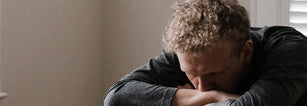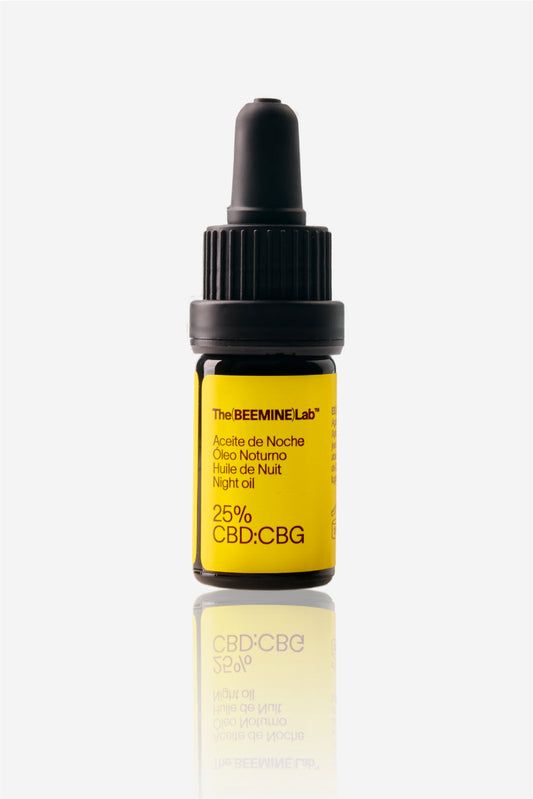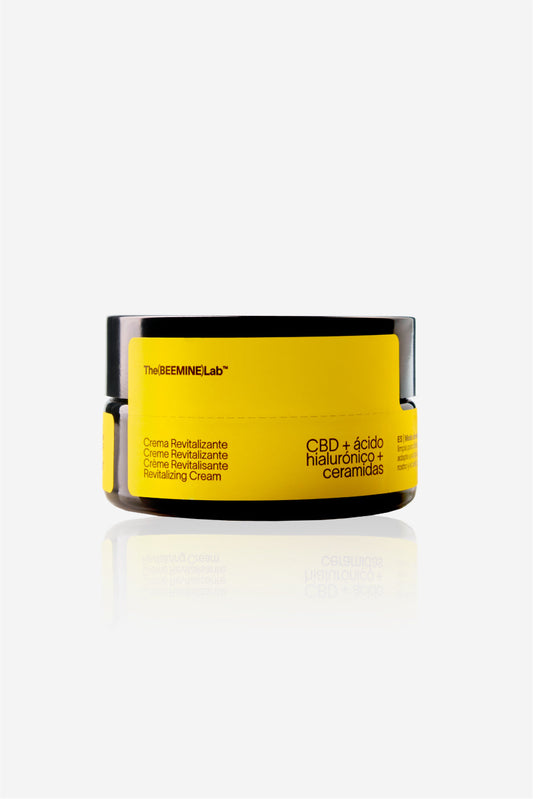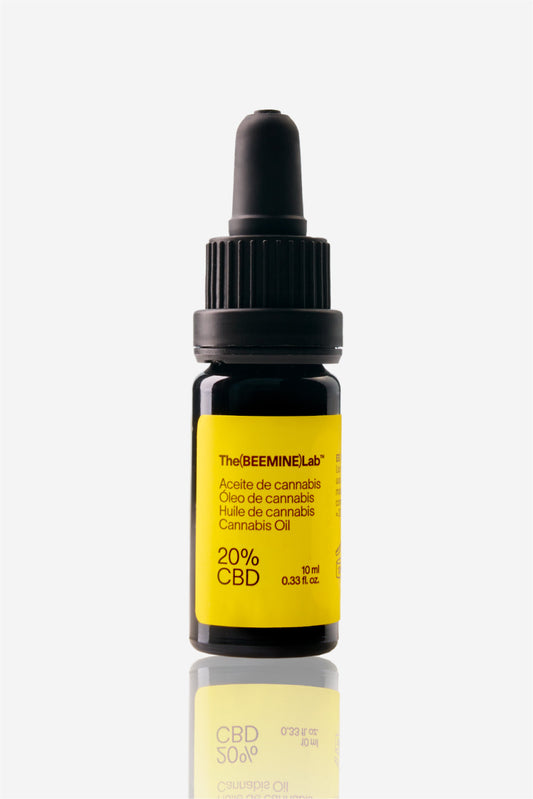Cannabinoids are substrates that are increasingly present in clinical practice.
CBD is, along with THC, one of the two main phytocannabinoids in cannabis (
there are more than 120 ), and it is non-psychotropic, unlike THC. In the
report of the Expert Committee on Drug Dependence of the World Health Organization (WHO), they describe that
CBD has not shown significant adverse effects or potential for dependence .(
1 )
We will focus on sleep, a fundamental element for health and well-being given its role in metabolic regulation, mood regulation, and cognitive performance. Today, sleep disorders are the number one reported complaint in the United States, and it is a serious public health problem. (
2 ) Sleep disorders are a reason for consultation in general practice and in psychiatry.
More than 50% of patients in general practice
complain of insomnia when asked about their sleep patterns.(
3 ) Sleeping well is no longer only important because of daily mental and physical fatigue but because it can have major long-term consequences.
Sleep deprivation can be related to alterations in:
- The immune system ( 4 )
- Infectious diseases ( 4 )
- The cardiovascular system( 5 )
- High blood pressure ( 6 )
- Type 2 Diabetes ( 6 )
- Strokes ( 7 )
- Arrhythmias ( 7 )
- Obesity: According to NIH studies, due to hypothalamic alteration that affects the appetite and energy expenditure regulatory center.( 6 )( 8 )
- Neurodegenerative diseases: It is being studied as a diagnostic marker for Parkinson's disease. (9 )
- Psychiatric illnesses: depression, anxiety, manic and psychotic episodes.( 10 )
In addition, certain pathologies have a higher risk (75-95%) of suffering from sleep problems.
Among them we find:
- Breathing problems
- Gastrointestinal reflux
- Chronic pain
- Neurodegenerative diseases
There are multiple sleep disorders, each affecting a specific time and structure, the most characteristic being:
- Insomnia disorder
- Rapid eye movement sleep behavior disorder
- Restless legs syndrome
- Hypersomnolence disorder
- Narcolepsy
- Sleep disorders related to breathing.
What should I do if I have sleep problems?
As a general rule,
it is recommended to sleep between 7 and 8 hours, knowing that the values may vary depending on each stage of development. As a basis, it is important to pay attention to and modify, if necessary, all those behaviors that harm us when it comes to sleeping well. This can be achieved by avoiding a series of patterns such as:
- Naps of more than 2 hours
- Irregular bedtimes and waking times
- Tobacco, alcohol, caffeine 4 hours before going to sleep
- Stimulating activity (e.g. sport, television, mobile phone use) before going to sleep
- Using the bed for anything other than sleeping
- Periods of wakefulness in bed (more than 30 minutes)
Once all these behaviors have been corrected, if our problems continue, it would be time to consider taking something extra. Normally,
the drugs recommended for sleep disorders are the so-called hypnotics , among which are: benzodiazepines and non-benzodiazepine sleep aids. In addition,
antidepressants may be recommended depending on the individual's sleep profile . As is well known,
hypnotics are not recommended for long periods of time
due to their potential adverse effects , which considerably complicates treatment since they are usually prescribed for chronic problems.
That is why
CBD can be a very interesting option to complement our treatment and
improve our quality and duration of sleep.
Clinical cases
The effect of CBD on sleep is currently being researched at various levels. An
example described in the US National Library of Medicine reveals that
CBD use during the first month of the study improved sleep parameters (66%) and reduced anxiety (79%) . Anxiety levels, closely related to sleep quality, remained reduced in the long term. (11)
Scientific studies on the use of CBD for sleep
A systematic review of various data sources such as PubMed, Scopus, Web of Science, Embase, CINAHL and PsycInfo databases indicates that despite there being insufficient evidence on the benefits of CBD in the treatment of sleep disorders, there seems to be promising preliminary evidence on the topic in question.
The most characteristic examples that have been studied in practice are the following;
circadian rhythm disturbance (hypersomnolence), insomnia related to anxiety and post-traumatic stress, restless legs syndrome, REM sleep behavior disorders and daytime sleepiness. (11)(12)(13)
Literature:
-
CANNABIDIOL (CBD) Pre-Review Report. Expert Committee on Drug Dependence. Thirty-ninth Meeting. Geneva, 6-10 November. 2017
- Nishi Whiteley. Cannabis and Sleep Disturbances . Project CBD. 2017
- F. Sarrais, P. de Castro Manglano. Insomnia . Annals of the San Navarra Seminar vol.30 suppl.1 Pamplona 2007
- MJ Jurado Luque. Neurology Journal . Vol. 63, Suppl. 2, October 2016. ISSN 0210-0010
- Taheri, S., Lin, L., Austin, D., Young, T., & Mignot, E. (2004). Short sleep duration is associated with reduced leptin, elevated ghrelin, and increased body mass index PLoS Medicine , 1 (3), 210-217
- Grandner MA, Patel NP, Perlis ML, et al. Obesity, diabetes, and exercise associated with sleep-related complaints in the American population . Z Gesundh Wiss . 2011;19(5):463-474. doi:10.1007/s10389-011-0398-2
- American Heart Association. Sleep apnea and heart disease, stroke. Retrieved June 12, 2017.
- Wu, Y., Zhai, L., & Zhang, D. (2014). Sleep duration and obesity among adults: A meta-analysis of prospective studies . Sleep Medicine, 15 (12), 1456–1462. Retrieved March 19, 2019.
- Marcelo Miranda, C. Rodrigo O. Kuljis. Sleep disorders in neurodegenerative diseases . 2013.
- Breslau N, Roth T, Rosenthal L, Andreski P. Sleep disturbance and psychiatric disorders: a longitudinal epidemiological study of young adults . Biol Psychiatry. 1996 Mar 15;39(6):411-8. doi: 10.1016/0006-3223(95)00188-3. PMID: 8679786.
- Shannon S, Lewis N, Lee H, Hughes S. Cannabidiol in Anxiety and Sleep: A Large Case Series . Perm J. 2019
- Chagas MHN, Crippa JAS, Zuardi AW, et al. Effects of acute systemic administration of cannabidiol on sleep-wake cycle in rats . Journal of Psychopharmacology. 2013.
- Suraev AS, Marshall NS, Vandrey R, McCartney D, Benson MJ, McGregor IS, Cannabinoid therapies in the management of sleep disorders: A systematic review of preclinical and clinical studies . Grunstein RR, Hoyos C M.. Sleep Medicine Reviews.







